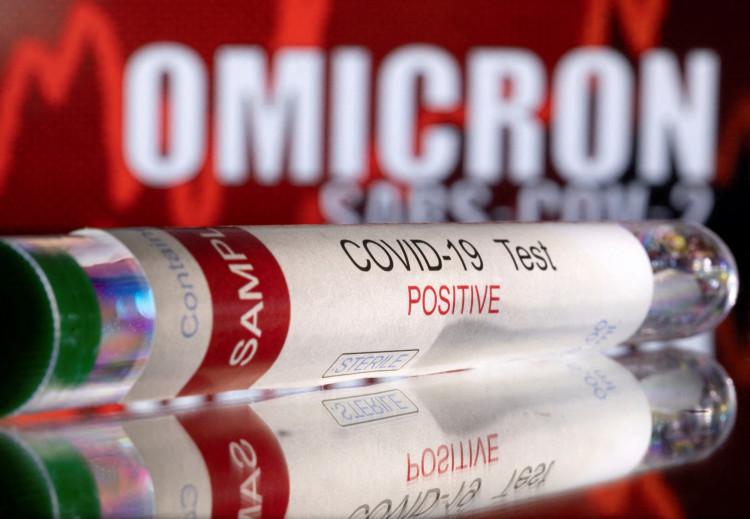Cough, fatigue, congestion, and runny nose were the top four symptoms when the Centers for Disease Control and Prevention (CDC) released the Omicron variant's first briefing on the symptoms of the early cases.
A doctor in the U.K. has now discovered a new COVID-19 symptom associated with the Omicron variant: severe night sweats.
The night sweats, says Dr. Amir Khan of the National Health Service in the United Kingdom, are "the kind of drenching night sweats where you might have to get up and change your clothes."
According to the New York Post, Khan believes it is critical for health providers to highlight these symptoms so that patients are aware that they will need a test if they experience them.
As cases of COVID continue to rise, the Omicron variant has surpassed Delta as the most prevalent variant in the United States. Because Omicron is so new, there isn't a lot of solid information regarding the new virus variant.
Because Delta mutated from the original virus, it reduced some vaccine protection against COVID-19 infection (and natural immunity).
Researchers have since discovered data from a major outbreak in Norway, which provides some insight into how the omicron form acts in fully vaccinated populations.
Researchers spoke with 111 of the 117 participants who attended a party on Nov. 26 in Norway. 89% of the 111 people who were interviewed received two doses of an mRNA vaccine. No one claimed to have received a booster shot.Sixty-six of the 111 people questioned had confirmed cases of COVID-19, whereas 15 had potential cases.
Only one case was asymptomatic, and 91% of persons with COVID-19 had at least three symptoms over the duration of their illness.
It's not the first time we've heard of night sweats. According to Al Jazeera, Dr. Angelique Coetzee, the South African doctor who raised the alarm about the omicron coronavirus variant, some COVID-19 symptoms from the new variant are often "very, very mild" compared to COVID-19 symptoms from the Delta form.
It is crucial to highlight that Omicron's symptoms are not dissimilar to those experienced by fully vaccinated people when infected with the original coronavirus strains. Headache, runny nose, sneezing, sore throat, and loss of smell were among the symptoms.
Dr. Anthony Fauci told NBC that while data from South Africa suggests that those infected with COVID-19 from the Omicron variety have a "less requirement for oxygen," that doesn't mean the virus is any less dangerous.





